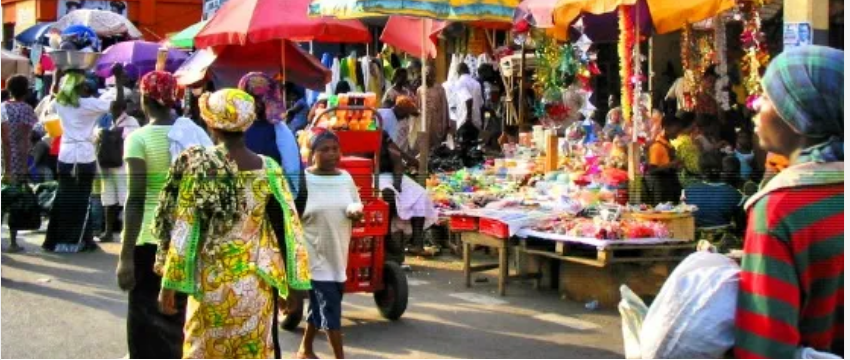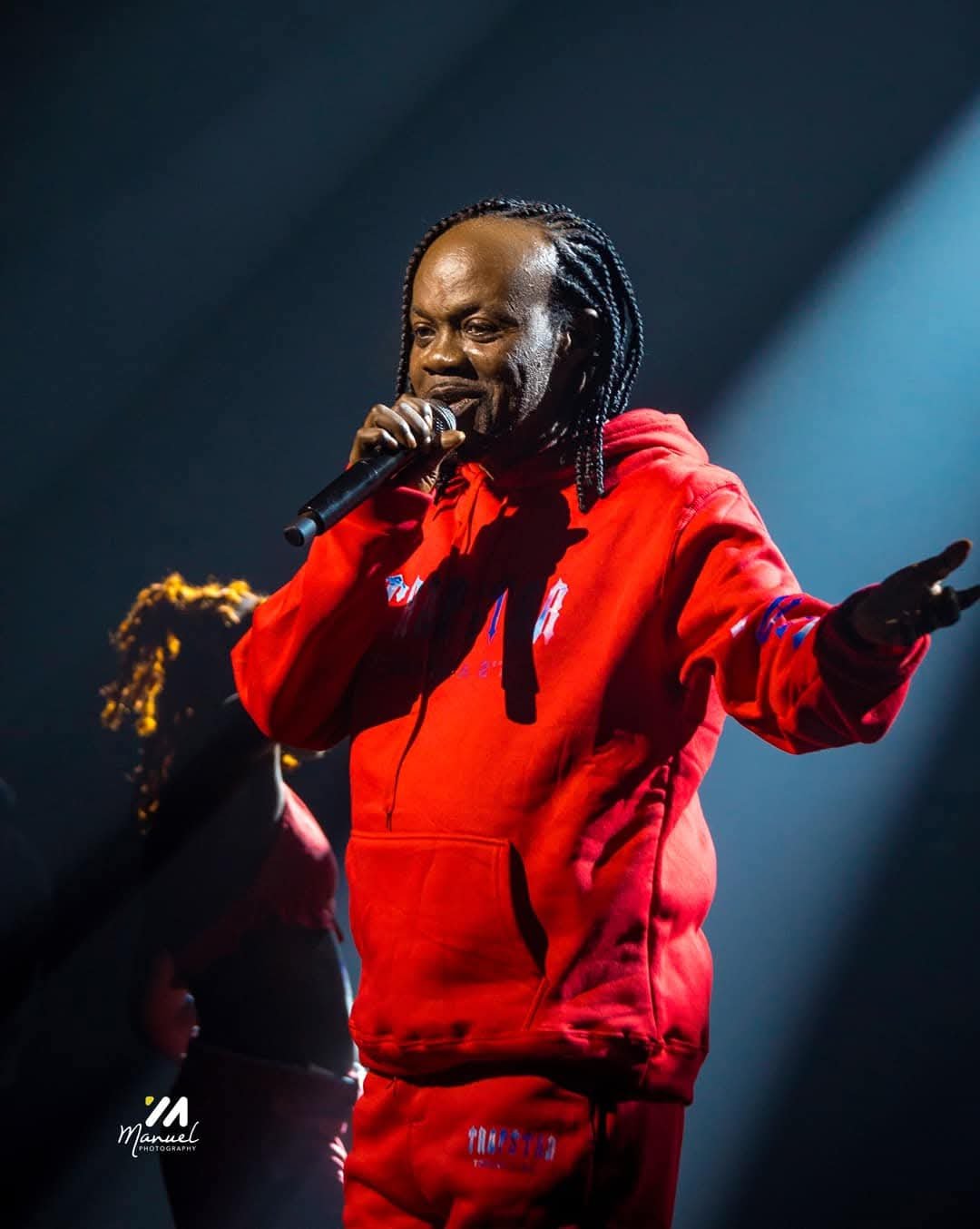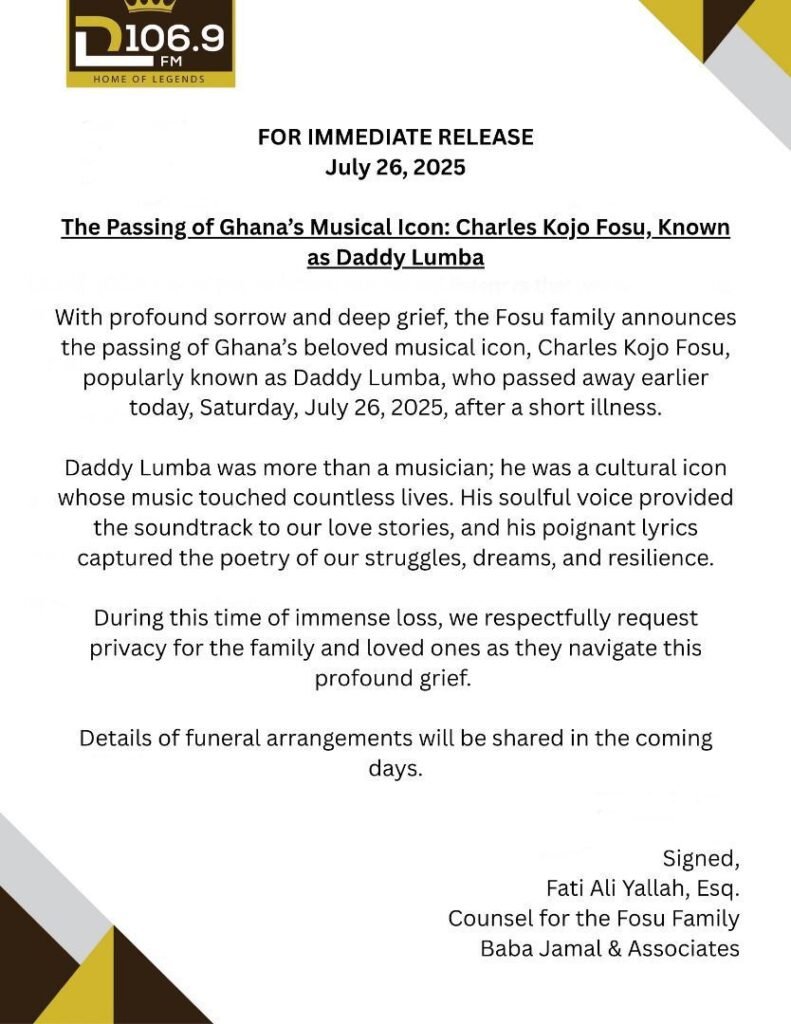Hot!
About 12,000 persons internally displaced due to socio-political factors in Ghana – GSS

Findings from the 2021 Population and Housing Census indicate that there are 11,717 Internally Displaced Persons (IDPs) in Ghana.
The Ghana Statistical Service (GSS) in a press release issued in Accra on Monday to commemorate International Migrants Day, attributed the internal displacement to socio-political factors.
The findings also showed that one in every ten of the IDPs had stayed less than one year in their current place of residence with six in ten having been displaced for five years or more.
“More than half of 57 point three per cent of IDPs reside in four regions: Greater Accra 19 point 2 per cent, Northern, 14 point one percent, Ashanti, 13 point seven per cent and ten point two percent in the Central region,” it said.
The release said the adult literacy rate for IDPs was twice that of persons that were not displaced.
It said four in every ten IDP representing 41 point three IDPs aged 15 years and older were not literate compared to two in every ten non-IDPs.
The percent of children aged four to 17 years who have never been to school is three times higher for IDPs than non- IDPs.
The statement said the census also provided statistics on international migrants in Ghana.
It said the leading drivers of immigration in Ghana was employment, settlement and marriage or family unification.
For males, getting employment is the most frequent purpose for migration while for females, it is migration for marriage or family unification.
A greater share of migrants is male compared to females and almost half of international migrants have lived in Ghana for five years or more.
The statement said some migrants had moved from one community to another as a result of conflict in their previous community.
It said there were migrants who had moved into a different locality or country due to flood, famine, or drought.
GNA
Entertainment
Breaking News: Daddy Lumba is dead – Family announces

Ghanaian music legend Charles Kojo Fosu, popularly known as Daddy Lumba, has died.
His family confirmed the sad news in a press release issued on Saturday, saying the 60-year-old passed away earlier in the day after a short illness.
“It is with profound sorrow and deep grief that the Fosu family announces the passing of Ghana’s beloved musical icon,” the statement read.
Daddy Lumba was one of Ghana’s most celebrated highlife musicians. With a career spanning more than three decades, his songs touched millions, telling stories of love, pain, joy, and hope.
He was known for his powerful voice, emotional lyrics, and unique style that made him a household name across the country and beyond.
“His soulful voice provided the soundtrack to our love stories, and his poignant lyrics captured the poetry of our struggles, dreams, and resilience,” the family said.
The family has asked for privacy as they mourn their loss and promised to announce funeral arrangements in the coming days.
The statement was signed by Fati Ali Yallah, a lawyer from Baba Jamal & Associates, on behalf of the Fosu family.
Fans, fellow musicians, and Ghanaians across the country have started pouring out tributes on social media, remembering Daddy Lumba’s unmatched contribution to Ghanaian music.
Entertainment
Edem’s debut album gets praise from Sarkodie

Ghanaian rap star Sarkodie has celebrated fellow artiste Edem for his groundbreaking debut album “The Volta Regime”, calling it one of the greatest albums in Ghana’s music history.
In a heartfelt social media post, Sarkodie, whose real name is Michael Owusu Addo, reflected on the first time he heard Edem rap.
He said he was instantly impressed and knew Edem would have a serious impact on the music scene.
“I remember when I first encountered my brother Edem, I came back home to tell one of my hommies that this guy will have a serious impact on the music scene,”
“He was like naa because of the language barrier. I said I don’t hear language, I hear greatness. Big up my brother, you are still on my favourite emcee list.” Sarkodie wrote.
Edem, born Denning Edem Hotor, released The Volta Regime in 2009. The album boldly embraced the Ewe language and featured collaborations with top Ghanaian artists including Tinny, Kwabena Kwabena, and Jeremie Van-Garshong.
Despite initial doubts about how well Ewe rap would perform commercially, the album proved to be a major success and introduced a new wave of local-language hip-hop.
Songs like Bra Fre Me, Nyorvuviade, and the powerful Intro helped establish Edem’s lyrical prowess and cemented his place as a unique voice in the Ghanaian music industry.
At a time when the local scene was dominated by Twi and Ga-speaking rappers, Edem’s success broke barriers and made it clear that talent speaks louder than language.
His impact opened doors for more linguistic diversity in hiplife and hip-hop music across the country.
Sarkodie’s tribute is especially meaningful because both artists emerged around the same period. Sarkodie’s own debut album Makye also dropped in 2009, and the two have long shown mutual respect for each other’s craft.
Today, over 15 years after its release, The Volta Regime continues to inspire fans and artists alike. It remains a symbol of bold originality and cultural pride.
Edem has since released several projects and remains an active voice in Ghanaian music and youth advocacy. His legacy is a reminder that true greatness is not limited by language.






